Alright – so today we’ve got the honor of introducing you to Jordan Bowman. We think you’ll enjoy our conversation, we’ve shared it below.
Hi Jordan, thanks for joining us today. Have you been able to earn a full-time living from your creative work? If so, can you walk us through your journey and how you made it happen? Was it like that from day one? If not, what were some of the major steps and milestones and do you think you could have sped up the process somehow knowing what you know now?
Making a full-time living from my creative work has been a long journey. Most of the time, especially early-on, free-lancing as a musician does not pull in a consistent income. Despite having two degrees in music, starting a voice studio, and being hired for performances semi-consistently, I still had to find ways to fill the gaps or supplement that was already being made. This included data entry, working retail, waiting tables, and answering phones.
On January 1st of 2021, I decided I had had enough of the insurance job that was degrading my mental health and chose to trust the progress I had made with my multi-faceted music career. This choice put the most exhilarating fire under my feet to build on everything that I was passionate about. It also exposed what was not working in my music production, my singing technique, and my studio. I am so grateful for it because I have started what feels like a giant transition into being managed, working full-time as a singer and voice teacher, and being able to choose projects that represent who I am.
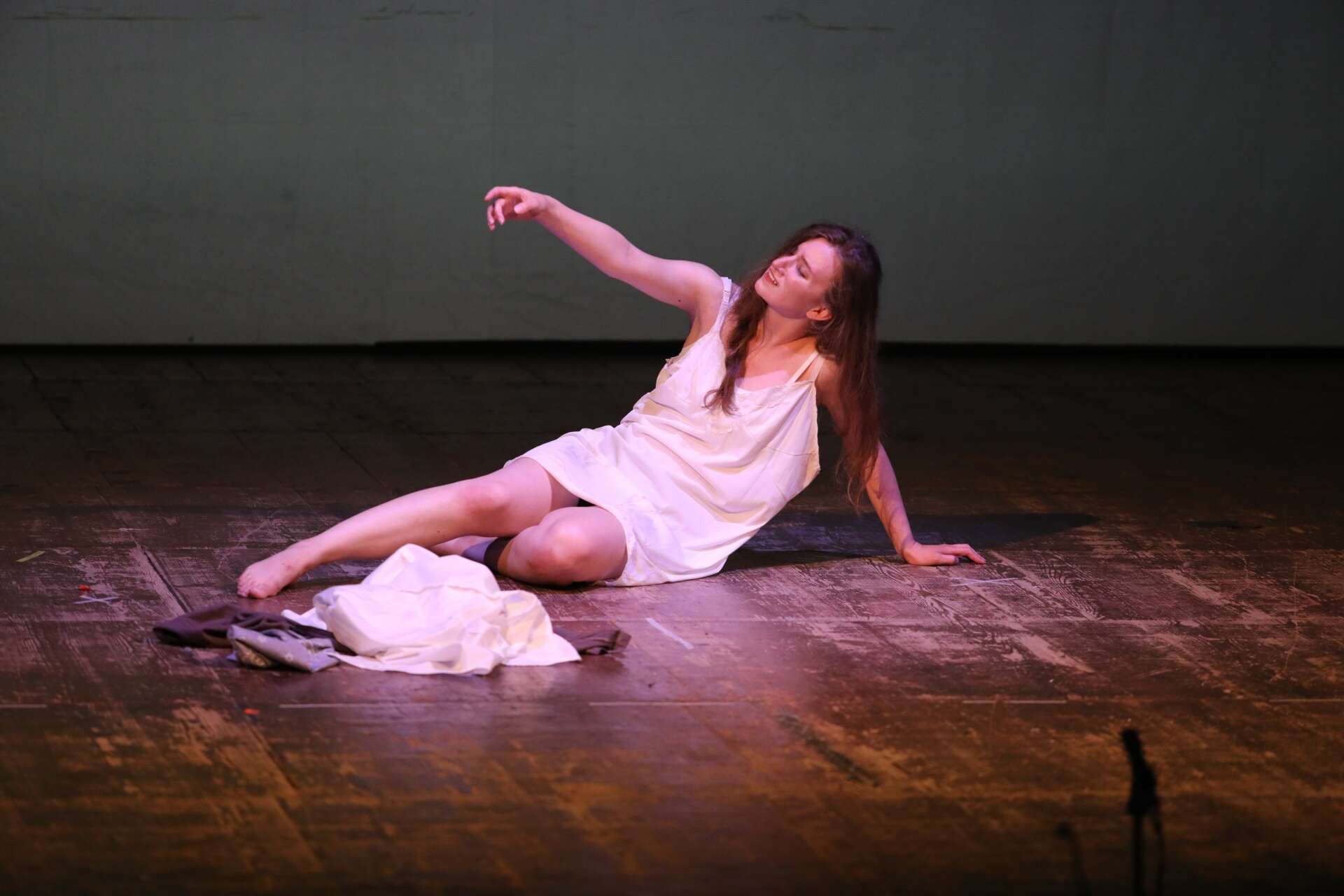
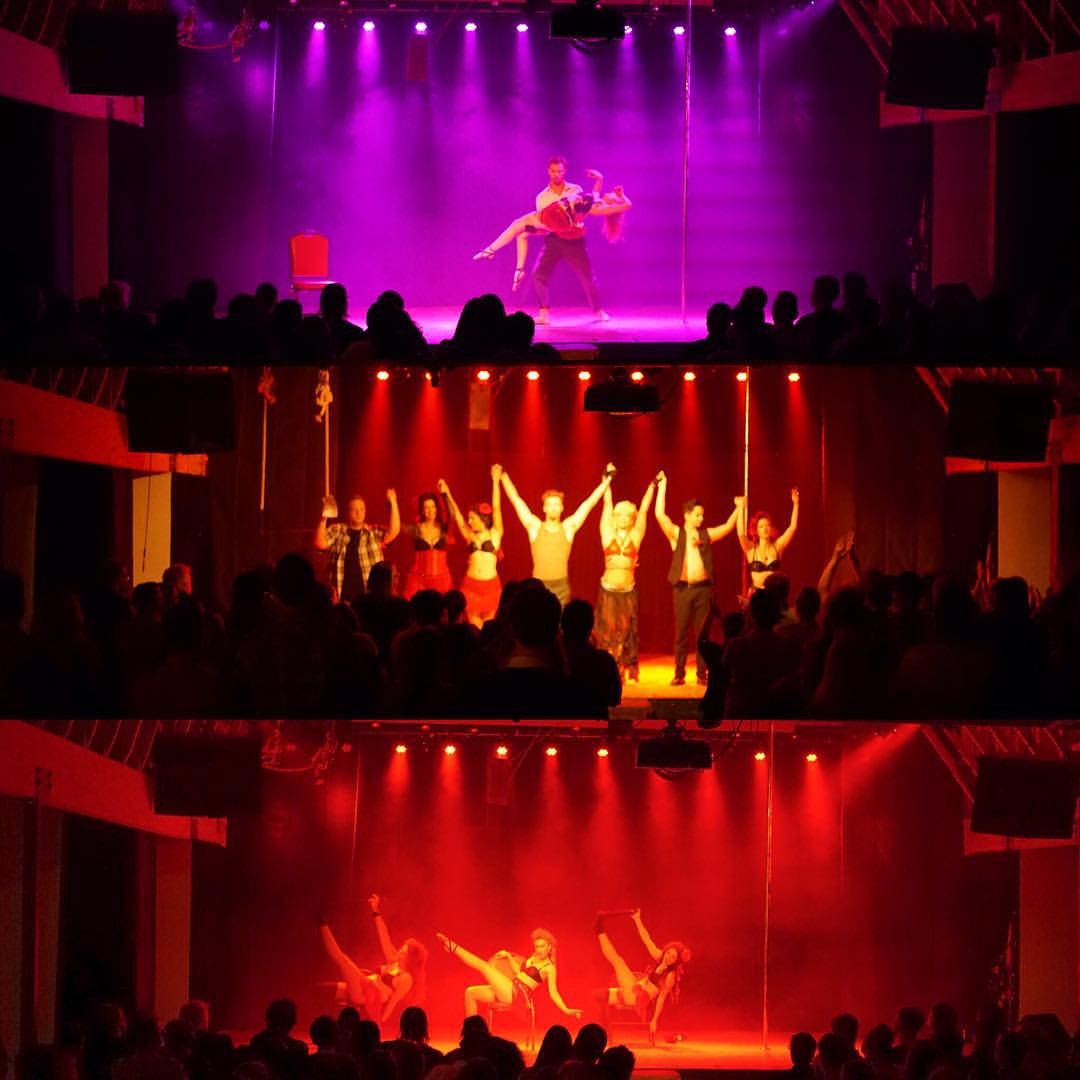
Jordan, love having you share your insights with us. Before we ask you more questions, maybe you can take a moment to introduce yourself to our readers who might have missed our earlier conversations?
I am an opera singer, voice teacher, producer, and composer from Idaho. I grew up in a family made up of professional musicians, farmers, and outdoorsmen. I heard opera for the first time when I was four, driving in my grandpa’s truck. We were on one of our roadtrips and he popped in a cassette tape of Mozart’s, The Magic Flute. I became obsessed with the Queen of the Night’s rage aria and dreamed someday that I, too, would be able to perform it. Living in a rural part of Idaho meant that there were few opportunities to get on a stage and sing the way I wanted. This limitation was a blessing because I ended up exploring many avenues of the entertainment world; straight acting, musical theater, operetta, competition, backstage technical work, studio recording, playing guitar and fiddle, and fronting a heavy metal band. All these skills have served me gratuitously to this day.
After graduating high school, I went to a liberal arts college near Boise where I was able to finally pursue the operatic craft. I studied classical singing with Dr. Mari Jo Tynon, who encouraged me not to just sing but use all of my acquired talents. She gave me the opportunity to direct and produce most of the operas in which I was cast. This lead to the full-circle moment of my Queen of the Night role debut that I had dreamed of since childhood. I will forever be thankful to her because those experiences gave me the courage to go against the grain of my field and start an independent opera company with my colleague, Zachary Buker.
In our early years, our mission was to create non-traditional opera performances, such as commissioning and performing new opera works, combining aerial acrobatics and burlesque dance with operatic stories, creating horrific puppet opera, and performing traditional arias and duets in places like bars, restaurants, and parties. We wanted to (and still want to) SMASH the perception that opera was an art form only to be consumed by the elite! We went on two northwest tours featuring works composed by living composers as well as developed a concert series with which we promoted local musicians and gave classical premieres. This was my bridge into seriously composing and developing my personal platform of serving contemporary composers.
In graduate school, I met many composition students and performed their music as much as was feasible. I ended up forming a connection with composer Nathan Scalise. We both come from humble and rural backgrounds and the music we create together reflects that. Together we have written “Idaho Songs,” a song cycle that highlights stories from my youth. One of the songs in this cycle took first place at the New York City SongSlam competition in 2019. I have premiered a countless number of his works, including his new dark comedy opera about the Angel of Death trying to retire, “A Great Resignation.” It was produced in my hometown in Idaho and then had another run at The Hartford Fringe Festival in 2022. I dream of taking it on tour someday, because projects like this feel like this are my life’s truest work and purpose.
Currently, I am focused on growing my voice studio, studying with my own wonderful teacher, Andrea DelGiudice, recording arias for competitions, creating studio demos for composers, waiting to hear back from my 2023 opera audition season, and planning my next new work performance. I also am working toward transitioning in the new music world so that I can be more effective and helpful as an artist in my community.
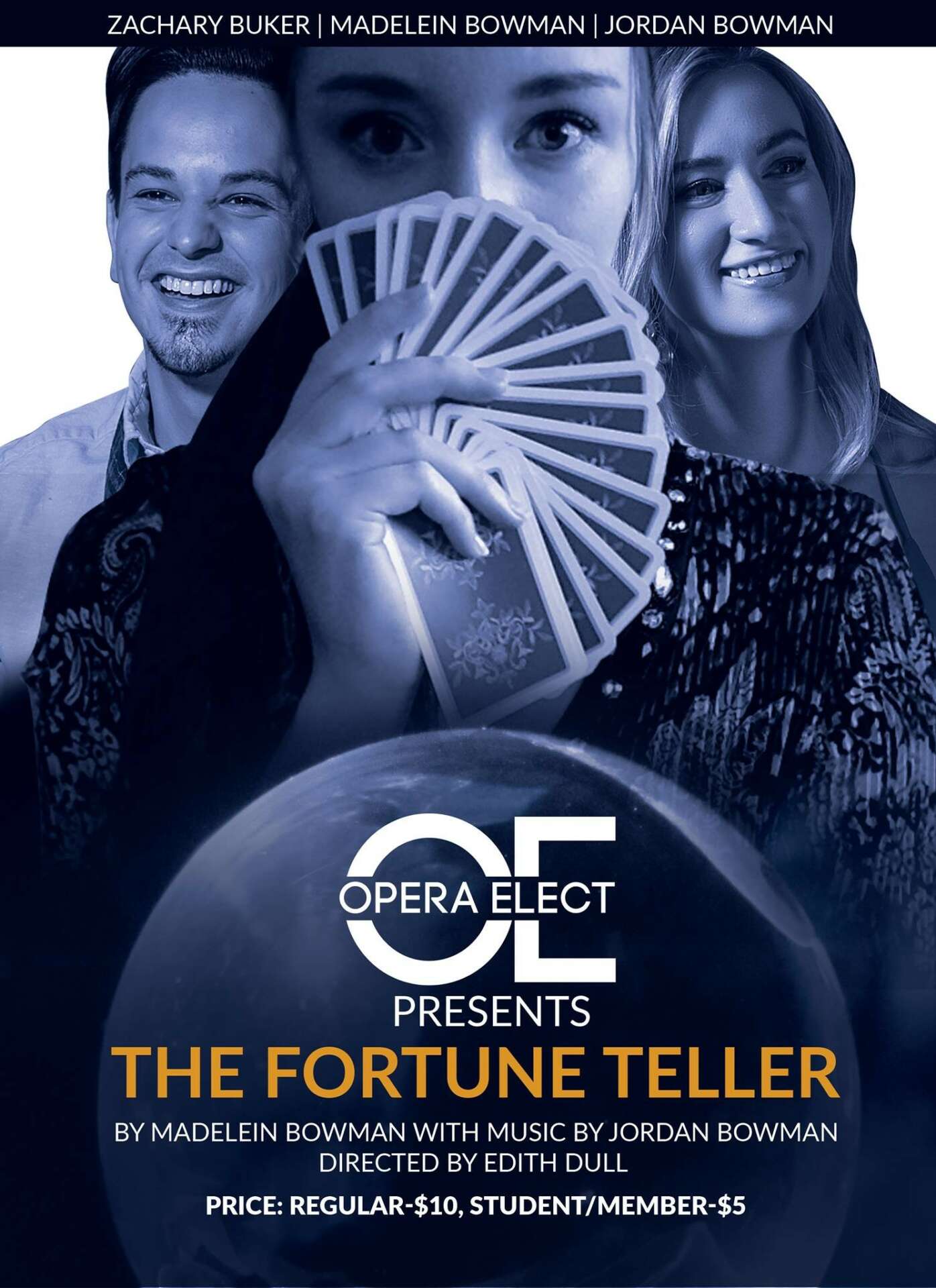
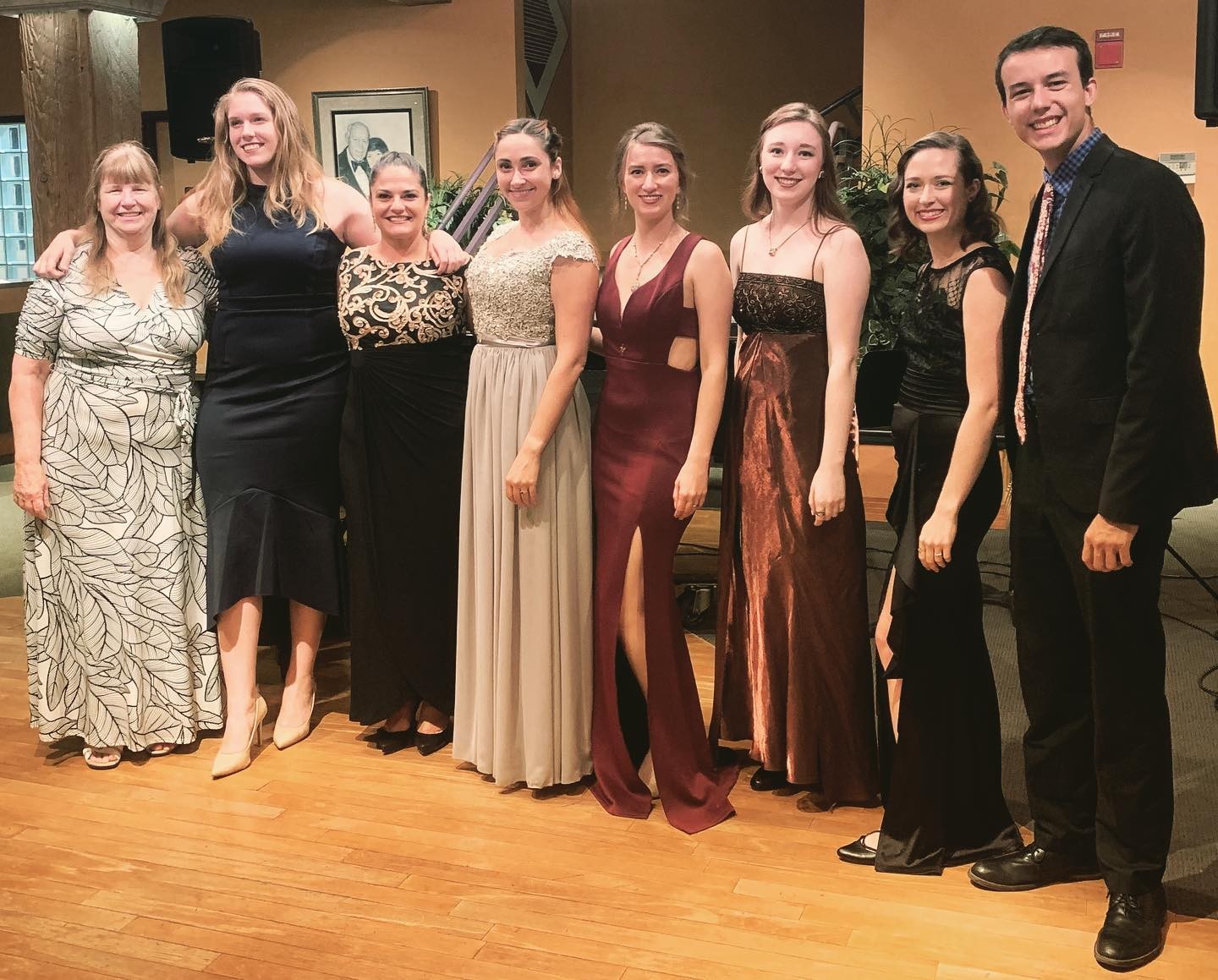

In your view, what can society to do to best support artists, creatives and a thriving creative ecosystem?
I think one of the best things society can do for artists, especially performers, is create an environment in which the art being produced is appreciated. Buy tickets and attend performances, purchase music, go out of your way to see or hear something different, or hype up the artists that you connect with. It can be really expensive to make quality art, so most of us are just looking for some help to take the next step. Showing appreciation for the hours of study, the money invested, and the exploration and effort put in to make something unique does not go overlooked.

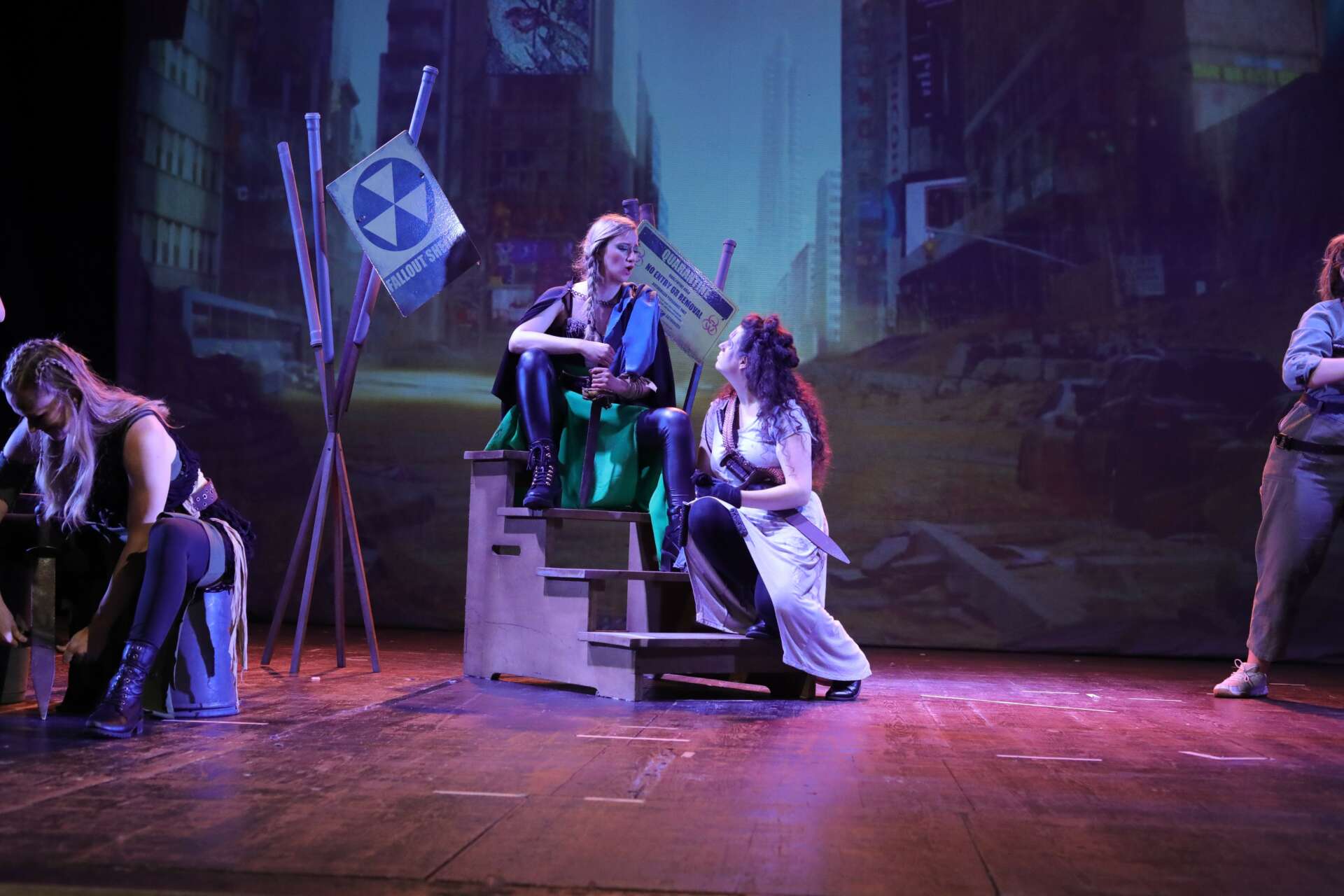
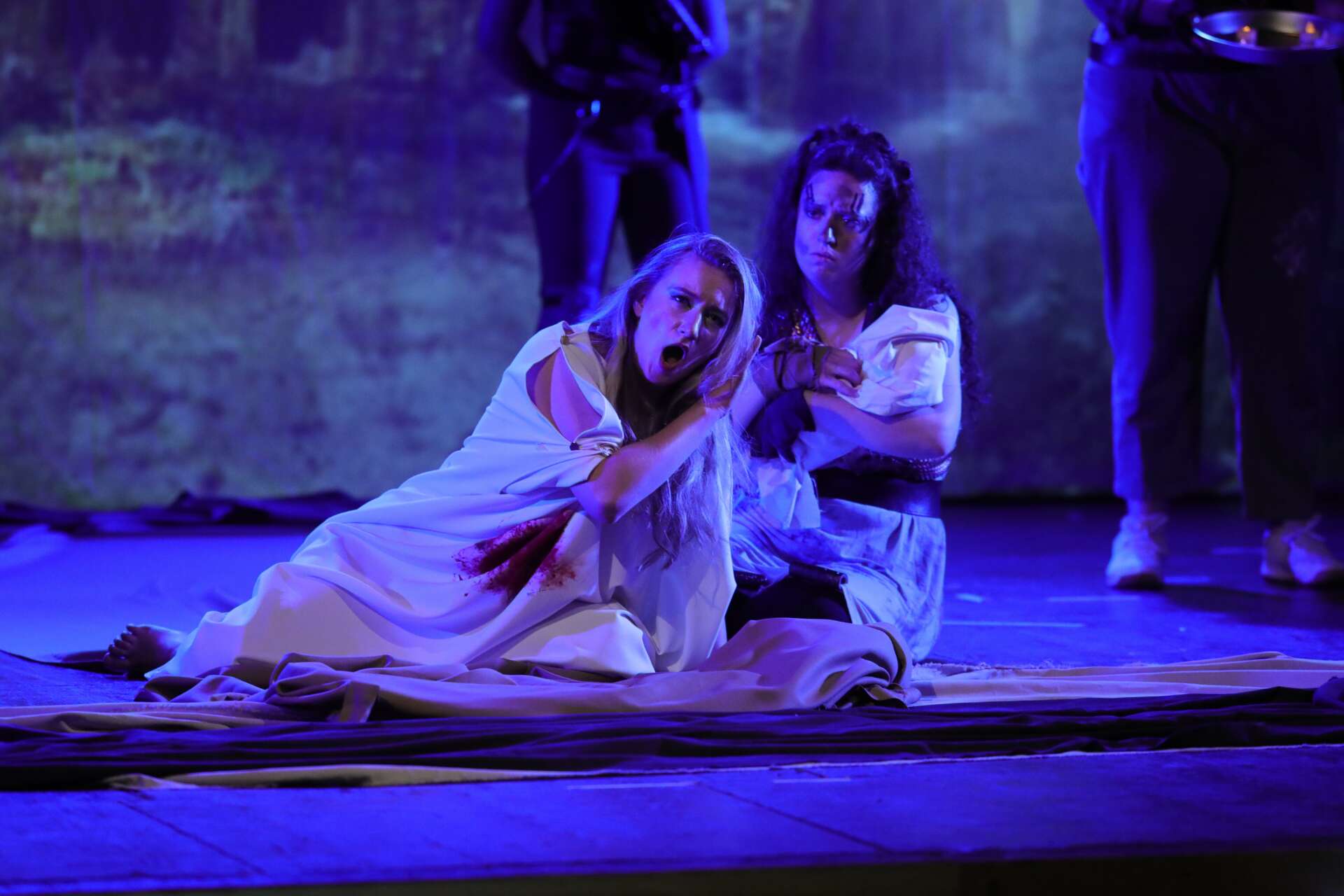
What’s a lesson you had to unlearn and what’s the backstory?
A lesson or rather an idea that I have always had to recalibrate for myself is the concept that there is one path to success as an opera singer or creative. It is simply untrue. In my teens and twenties, I always had to carve out my own way because the resources where I grew up were just different than someone who grew up in a large city. When I attended school out-of-state, there were moments of comparison where I felt like I had not accomplished many of the “right” things in order to be seen as a viable artist. During that time, I had to have many conversations with my fiancé about what success meant for me as an artist. He was able to give his valuable, outside perspective. He sees that there are many attributes of my field that don’t work to keep a human being balanced. He sees that it is okay to continue to go against the grain and pursue projects that really work for me. It keeps me happy and healthy. He has emboldened me to keep track of every performance I do, every song or opera I compose, and every show I produce. Keeping track has allowed me to look back and see where I start each year and where I end up and be grateful. I encourage anyone who struggles with similar thoughts to do the same.
Contact Info:
- Website: www.jordanbowmansoprano.com
- Instagram: @jordanbowmansoprano
- Facebook: @jordanbowmansoprano
- Youtube: @jordanbowman2439
Image Credits
Narni Festival 2021 & 2022: Used with permission by, conceived, and produced by Andrea DelGiudice, Jake Landau, and Yuri Napoli of the Narni Festival Photographer Chaz Gentry Photographer Davis Martin and the Hartford Fringe Festival 2022 Photographer Derek Janssen Photos provided by Opera Elect


